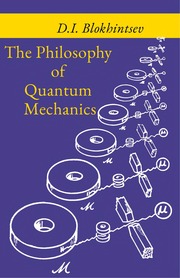Meta-Philosophy: An Essay on the (F)Utility of Philosophising
| Book Title: | Meta-Philosophy: An Essay on the (F)Utility of Philosophising |
| Topics: | Philosophy, music learning |
| Item Size: | 10 MB ℹ️Size May not be accurate. |
| Total Pages: | 193 ℹ️Page may not be accurate. |
| Total Views: | 1.0k |
| Downloads: | 985 |
| Extension: | |
| Download Link : | |
| Book Format: | PDF , EPUB |
| PDF ID: | 25019 |
| Added Date: | January 7, 2020 |
| Last Update: | October 20, 2023 |
About The Author
Welcome to eBookmela, your number one source for all things PDF. We’re dedicated to giving you the very best of PDF, with a focus on Novels, User guide, User manual… eBookmela, a service Download PDF And Explore Documents Platform, consults with authors and publishers about PDF workflows, formats, and more. We work hard to encourage the creation of high-quality PDF files, both with our consulting and training. Founded in 2015 by ChaaD,eBookmela has come a long way from its beginnings as a university project. When MdjMiah first started out, his passion for sharing community drove them to do tons of works, so that eBookmela can offer you the world’s most documents. We now serve customers all over the country, and are thrilled that we’re able to turn our passion into our own website. We hope you enjoy our products as much as we enjoy offering them to you. If you have any questions or comments, please don’t hesitate to contact us. Sincerely, Read more
Where You Find This Book
Last update was on: October 20, 2023
Our platform meticulously aggregates product information from diverse online stores, ensuring that our users receive the most current and accurate data. The automated system regularly updates prices to reflect the real-time information available on each respective online store. However, it's crucial to acknowledge that prices may vary between different stores due to factors such as promotions, discounts, or changes in product availability. We prioritize transparency and want our users to be aware that the displayed prices are subject to change and may differ from the actual prices on the respective online stores at any given time. To uphold the highest level of credibility, we encourage users to stay informed and recognize the dynamic nature of pricing in the online marketplace.





 walmart.com
walmart.com 
 betterworldbooks.com
betterworldbooks.com 
